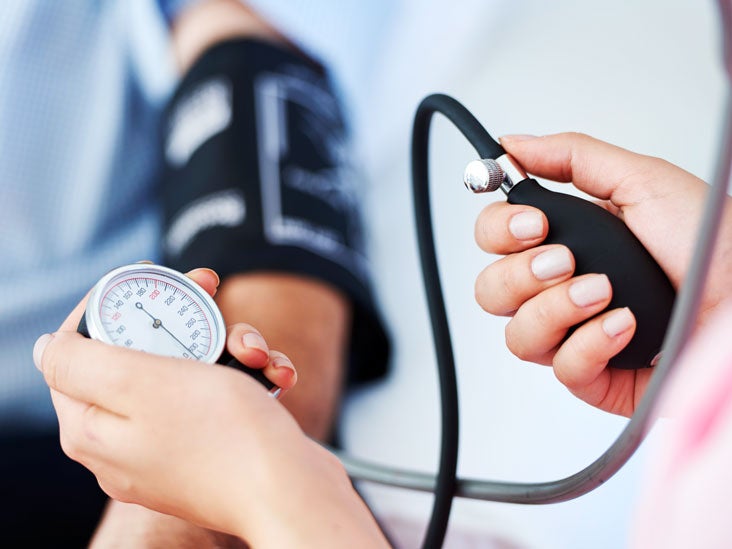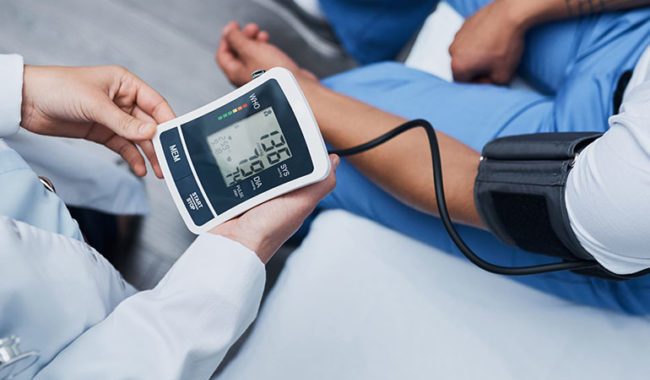Blood pressure is the heart’s ability to pump blood through the arteries, and the normal value is less than 120/80 mmHg. When blood pressure rises, blood flows more vigorously through the arteries, putting additional pressure on the sensitive tissues of the heart. Long-term effects can lead to damage to blood vessels.
What Are Safe, Natural Ways to Lower Blood Pressure?
Blood pressure can be lowered quickly through specific foods, supplements, and lifestyle modifications to lower blood pressure. Home remedies for low blood pressure can be easily incorporated into your daily routine. By gradually incorporating these adjustments into your daily routine, you can develop new healthy habits and achieve a healthier body.
The following home remedies for high blood pressure can help you lead a healthy lifestyle and lower your blood pressure naturally:
1) Regular Walking and Exercise
Exercise is one of the most important things you can do to improve high blood pressure. Regular exercise lowers blood pressure by strengthening and improving the heart’s ability to pump blood. In fact, intense workouts, such as 75 minutes of running each week, or moderate exercise, such as 150 minutes of walking, can help lower it and improve heart health. In addition, studies have shown that people who walk and exercise regularly have remarkably healthier hearts.
Note: Even 30 minutes of daily walking can help lower blood pressure.
2) Reduce Sodium Intake
Many people consume large amounts of salt from processed and prepared foods. Numerous studies have indicated that excessive salt intake is associated with high blood pressure and heart disease, including stroke. A quarter of people with normal blood pressure and about half of those with hypertension appear to be salt-sensitive. If you already have high blood pressure, reducing your sodium intake can help you determine if your condition is affected.
Note: Many physicians recommend that people who are particularly salt-sensitive reduce their sodium intake.
3) Avoid Alcohol Consumption and Smoking
Alcohol is associated with 16% of hypertensive patients worldwide. Some studies suggest that small to moderate alcohol consumption is good for the heart, but the adverse effects of alcohol consumption may outweigh the benefits. Smoking is a significant risk factor for several heart diseases and is one of many reasons to quit the habit.
4) Increase Potassium and Magnesium Intake
Potassium relieves pressure on blood vessels and helps eliminate sodium from the body. Modern diets have increased sodium intake and decreased potassium intake in most people. Aim for a healthy diet that balances potassium and salt by reducing processed foods and using fresh produce. Foods high in potassium are
- Fruits and vegetables such as melons, bananas, avocados, oranges, apricots, tomatoes, potatoes, and sweet potatoes.
- Dairy products such as yogurt and milk
- Salmon and tuna
- Nuts
- Beans
Magnesium promotes the relaxation of blood vessels. Although magnesium deficiency is rare, many people do not consume enough magnesium. Some studies have linked magnesium deficiency to hypertension, but clinical studies have provided less conclusive evidence. Nevertheless, a diet rich in magnesium is recommended to prevent hypertension. Vegetables, dairy products, legumes, poultry,and whole grains are good sources of magnesium.

5) Stress Management
Stress is a significant cause of hypertension. Chronic stress puts the body in a constant state of fight or flight, manifesting as a faster heartbeat and narrowing of the blood arteries. In addition, as stress builds up, the body tends to engage in other bad habits, such as alcohol and unhealthy eating, that raise blood pressure. Numerous studies have been conducted on lowering blood pressure through stress reduction, and here are two research-based suggestions.
Listening to relaxing music can help calm the nervous system. This can be an added benefit to existing treatment.
Deep breathing and meditation activate the sympathetic nervous system, lower blood pressure, and slow the heart rate.
Share your thoughts with us in the comments below!

